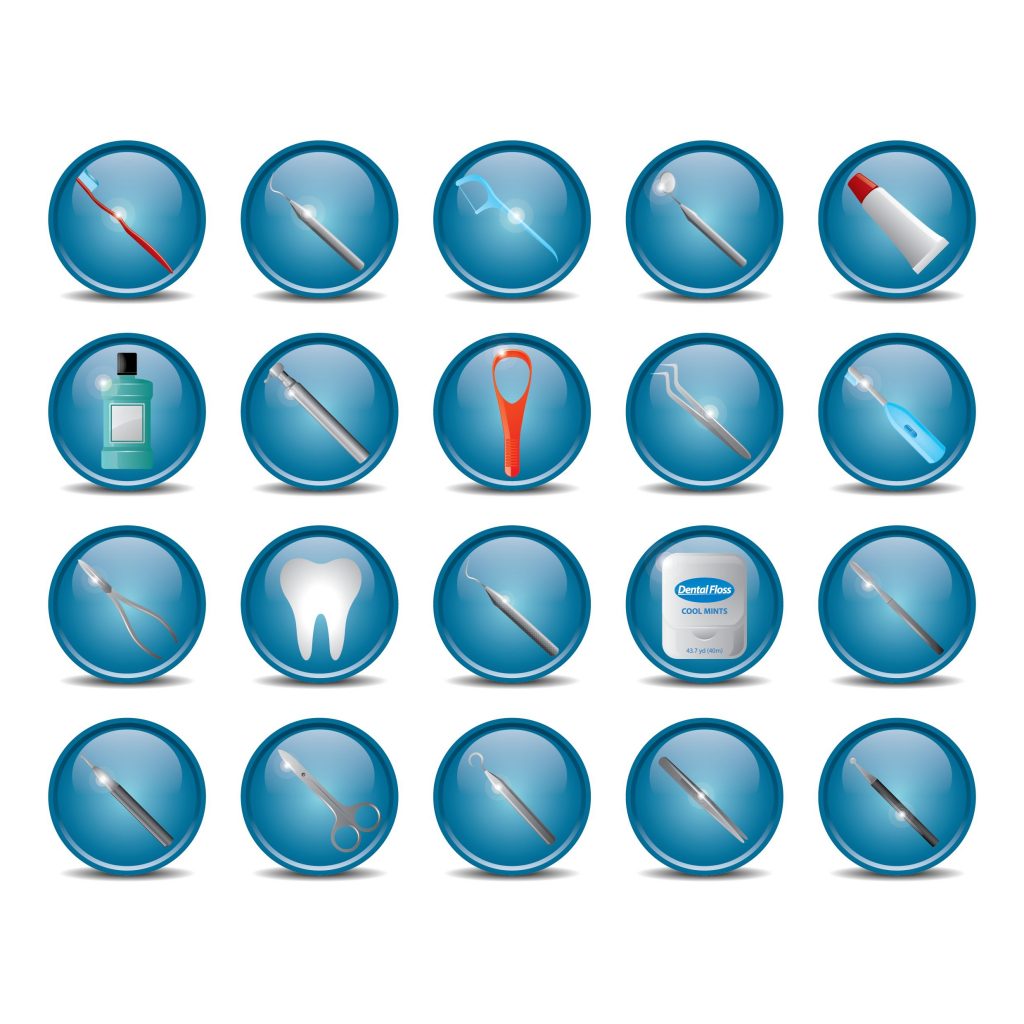The Importance of Oral Health for HIV Patients
One under-the-radar issue HIV patients might underestimate is the fragility of their oral health. It’s an important factor that warrants attention. Before antibodies appear, the mouth is the first part of the body that shows signs of carrying the infection. Catching the virus at such an early stage leads to earlier treatment and helps prevent the spreading of HIV to another partner.
It’s prudent for HIV patients to practice good oral health care. Proper hygiene and regular checkups with a dentist can make a world of difference. If you’re wondering what potential drawbacks poor hygiene in this body part may cause, here are some of the most common.
The Most Common Oral Health Side-Effects for HIV Patients
Of the many side-effects that come with having HIV, candidiasis (also known as thrush) is among the most common. Candidiasis can cause difficulty swallowing, a decreased appetite, and painful areas in the mouth.
Another potential red flag to look out for is hairy leukoplakia. Visible symptoms of hairy leukoplakia are white patches that form around the tongue. These patches are permanent. Regular oral health tools can’t remove them.
Oral health concerns of this ilk should not go ignored. If matters are left to linger, and if eating causes enough pain, these ailments have the potential to cause malnutrition. It can also influence how your body absorbs HIV medication.
Take Preventative Steps
HIV patients are more susceptible to infection, pain and tooth loss for a variety of reasons. But they’re still easily preventable problems if paid attention to early and often. Now that oral surgeons are noting the importance their field has in early detection, awareness could become more commonplace. Even small-scale measures, like brushing your teeth twice daily and flossing, will help you avoid most routine mouth problems. It’s another necessary aspect of living with HIV.

